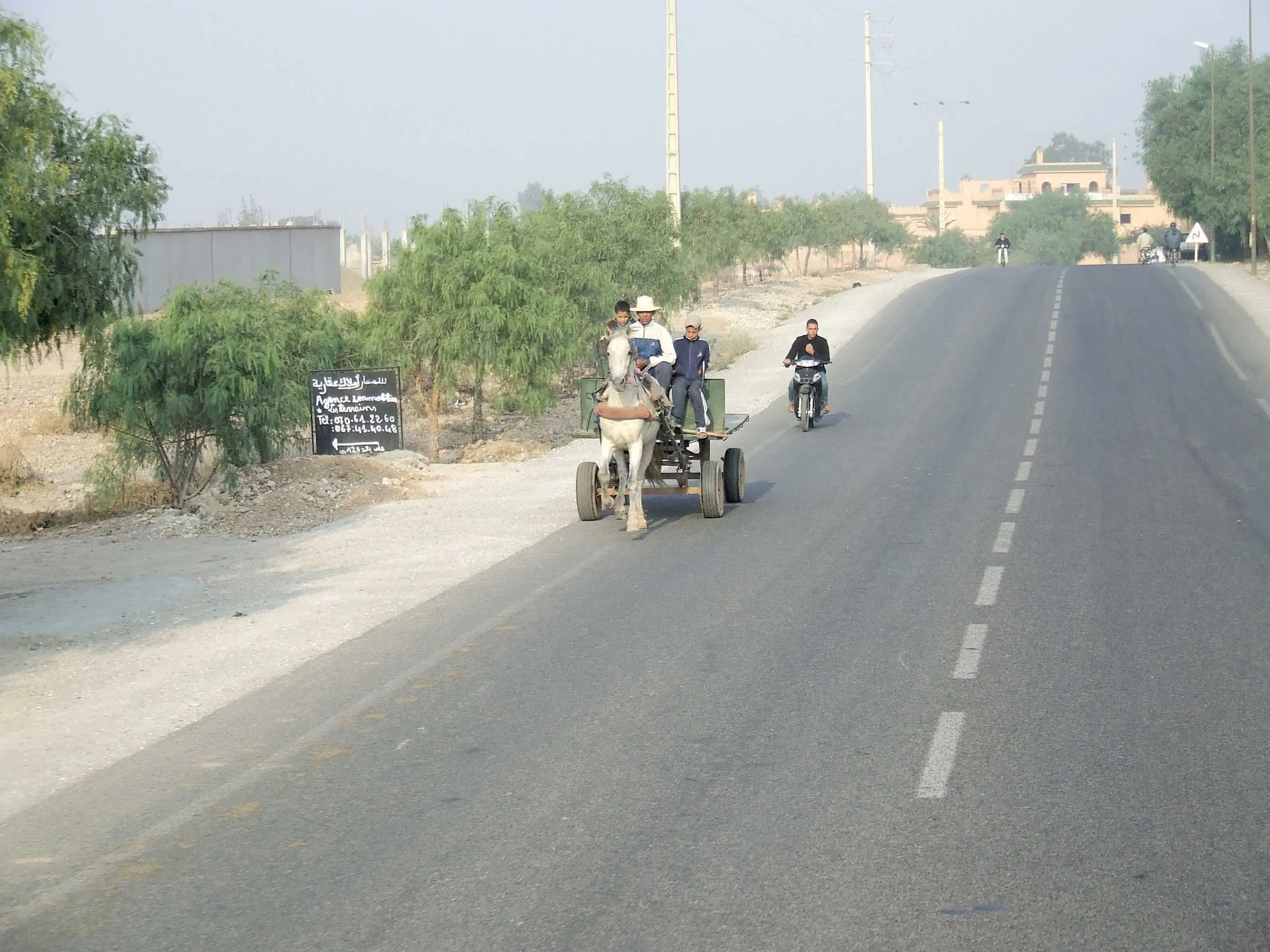The American Energy & Infrastructure Jobs Act, a bill introduced in the House by Transportation Committee Chairman John L. Mica and Highways and Transit Subcommittee Chairman John J. Duncan, Jr. has been approved. According to Mica, “No other bill this Congress will create jobs, lower energy costs or improve our deteriorating infrastructure as effectively as this legislation,” he said. “With millions out of work, particularly in the construction industry, Americans deserve a long-term transportation, energy and jobs bill from Congress.”
The American Energy & Infrastructure Jobs Act authorizes approximately US$260 billion over five years to fund federal highway, transit and safety programmes, consistent with current funding levels. This will provide long-term stability for states to undertake major infrastructure projects. The bill also includes provisions to improve programmes for freight and passenger rail transportation, and calls for funds collected for maintaining the nation’s harbours to be invested for that purpose - not redirected for other unrelated government expenditures.
Mica said he is eager for the House to pass the bill so that negotiations can begin on it and whatever final bill the Senate approves.








